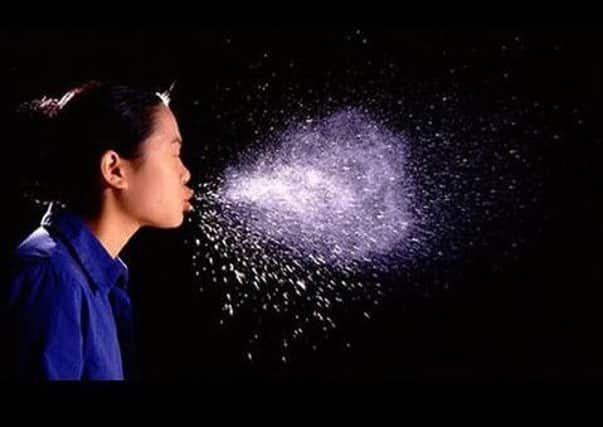11 TB cases in Western Trust area last year


A warning has now been issued that TB is still a very real threat and is not, as many believe, a condition that affected people in a bygone era.
The figures were released to raise awareness locally on World Tuberculosis Day.
Advertisement
Hide AdAdvertisement
Hide AdThe Trust said they were hoping to help stop transmission of the disease, by encouraging early diagnosis and treatment.
In the UK about 7,000 people get TB each year, of which approximately 60 to 80 are from Northern Ireland.
A total of 11 cases of active TB were documented in the Western Trust area last year.
The Trust has developed a specialist TB service with Specialist Nurses providing training and education.
Advertisement
Hide AdAdvertisement
Hide AdSpecialist Nurses have a role in reporting to the Public Health Agency (PHA) when people have a positive diagnosis of TB.
Dr Martin Kelly, Consultant Respiratory Physician, Western Trust said: “To encourage early diagnosis of the infection, it is important that people are aware of the symptoms of TB which include; persistent cough, night sweats and fever, weight loss or blood in your phlegm/spit.
“TB can be curable and the sooner the condition is diagnosed the better outcome of treatment for patients.
“As many as ten million new cases of active TB and nearly two million deaths from TB are estimated to occur around the world every year, mostly in developing countries.
Advertisement
Hide AdAdvertisement
Hide Ad“TB is caused by bacteria which usually affects the lungs. It can be spread from person to person when someone who has TB sneezes or coughs, although prolonged and close contact is needed to be at risk of infection.
“If people are concerned about their symptoms they should contact their GP and they will be referred to the Trust’s Specialist TB Nurse Service.”